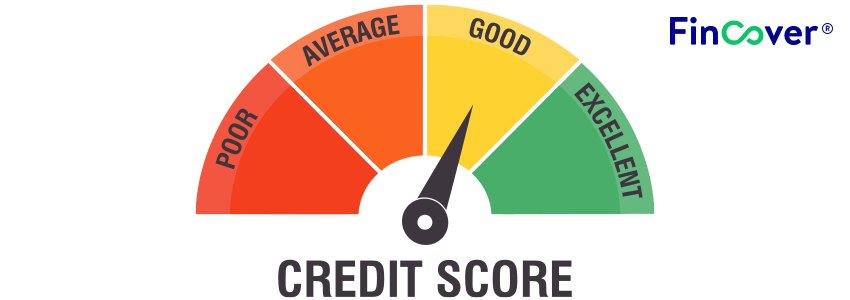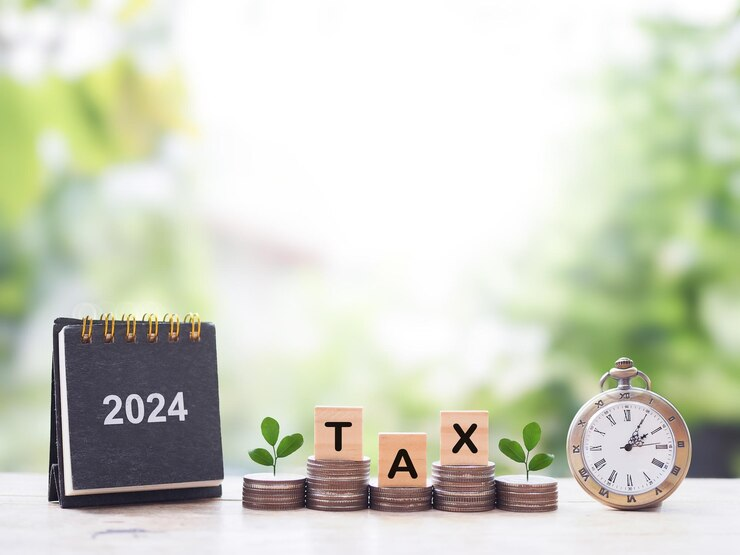Equity linked saving scheme mutual funds which are commonly known as ELSS tax saver funds are among the preferred investment products for investors who wish to save tax while achieving the objective of wealth creation in long term. In this article, let us find out what ELSS mutual funds are, how they work, how they assist in saving taxes, and some recommended ELSS funds. If your aim is to achieve the consumption of wealth and also save tax then investing in ELSS is always the best strategy.
What is an ELSS Mutual Fund?
ELSS mutual funds are investment avenues where the investor can save tax and invest largely in equity and equity related products. Being capable of providing high amount of returns, ELSS mutual funds are especially favourite among those investors who are willing to invest to get tax and growth advantages. One of the most important benefits of ELSS fund is that it comes with tax saving feature under section 80C of the Income Tax Act wherein an investor can save up to ₹ 1.5 lakh in a financial year.
ELSS funds have a lock in period of three years which is the least for any tax saving investment product. Therefore, they are ideal for moderate risk taking investors who want to save tax and also wish to have some appreciation for their investment
Why should you invest in ELSS mutual funds?
There are several reasons as to why you should invest in ELSS Mutual funds, some of which has been listed below:
- Tax Benefits: Through section 80 C of Indian income tax regulation ELSS investments are allowed up to ₹ 1,50,000 tax deductions. It means, ELSS is amongst the most elegant modes to build wealth while saving taxes.
- High Return Potential: This is due to the fact that ELSS being equity linked mutual funds have high returns potential than most traditional tax saving tools such as fixed deposits or PPF.
- Shortest Lock-In Period: ELSS mutual funds also enjoy a somewhat higher adaptability than many other tax-saving instruments such as PPF which has a lock-in of 15 years.
- Disciplined Investing through SIP: ELSS can be preferably invested through SIP and help the investor to lock in long term gains at cheaper costs on account of rupee cost averaging.
- Professional Fund Management: ELSS funds are with professional fund managers who aim at getting the best returns while at the same time bearing minimum risks.
Features of ELSS Mutual Funds
- Equity Exposure
The ELSS funds invest more than 80% of their corpus in equities, in order to pursue the superior growth of the stock market. This basically means that ELSS is a high risk form of investment in the short run but a very good investment option in the long run.
- Three-Year Lock-In Period
ELSS mutual funds have lock in period of three years which is the least as compare to all other tax saving instrument available u/s 80c. In this period, the funds cannot be withdrawn or redeemed, making it effective in the long-term investment strategy.
- Tax Benefits
Investments made in ELSS are tax-exemptable up to the extent of ₹1.5 lakh under Section 80C of the Income Tax Act thus making them tax-efficient. Flexible Investment Options
ELSS can be invested lump sum or through SIPs which means one can invest a onetime amount or invest periodically. Another advantage of SIPs is that the investors do not have to put down their lump sums amount all at once; it is an investment that can be done in installments for the whole-year period – this does not take a toll on your pocket.
- Flexible Investment Options
ELSS can be invested lump sum or through SIPs which means one can invest a onetime amount or invest periodically. Another advantage of SIPs is that the investors do not have to put down their lump sums amount all at once; it is an investment that can be done in installments for the whole-year period – this does not take a toll on your pocket.
- Portfolio Diversification
Typically, ELSS funds invest across sectors and remain less sensitive to sector-specific volatility as they distribute the risk across market segments.
- Tax Deductions and Exemptions
In fact, the main motivation behind investing in ELSS mutual fund plans is the tax saving that is offered. ELSS mutual funds are tax saving funds, which means those who invest in ELSS funds can claim tax deductions up to ₹1,50,000 under Section 80C, which means that one can save up to ₹46,800 in taxes (for those in the highest tax bracket).
Tax Efficiency in Returns
- Long-Term Capital Gains (LTCG) Tax: Profits from ELSS funds are taxed at LTCG tax at the rate of 12.5% across all asset classes. However, because of the three-year lock in period, they are immediately eligible for LTCG, which is taxed less than STCG.
- Tax-Efficient Wealth Creation: Investing in ELSS mutual funds is tax-effective compared to other investment instruments because of the low LTCG tax and the chance to yield tax-exempt returns up to ₹ 1 lakh. This gives the investors an opportunity to accumulate riches with little risk of paying heavy taxes on their gains.Top ELSS Tax Saver Funds to Consider
Best ELSS Funds to invest in 2024
| Fund Name | NAV (₹) | Fund Size (₹ Cr) | Expense Ratio (%) | 3-Year Return (%) | 5-Year Return (%) |
| Parag Parikh ELSS Tax Saver Fund | 30.3496 | 4273.94 | 1.72 | 17.23 | 23.09 |
| Quant ELSS Tax Saver Fund | 366.2961 | 10979.71 | 1.71 | 16.91 | 30.64 |
| DSP ELSS Tax Saver Fund | 134.881 | 16841.49 | 1.63 | 16.89 | 21.33 |
| Bank of India ELSS Tax Saver Fund | 165.39 | 1435.9 | 1.96 | 16.68 | 24.90 |
| JM ELSS Tax Saver Fund | 48.4804 | 180.91 | 2.37 | 16.71 | 21.61 |
| Motilal Oswal ELSS Tax Saver Fund | 51.4335 | 4073.72 | 1.82 | 22.27 | 22.79 |
| HSBC ELSS Tax Saver Fund | 130.9543 | 4253.1 | 1.88 | 16.76 | 19.19 |
You can compare further details of each fund in a mutual fund aggregator site like Fincover.
Who Should Invest in ELSS Funds?
For whom is ELSS mutual fund suitable?
ELSS mutual funds are right for those investors who want to save tax as well as generate wealth in the market. Here are some profiles that align well with ELSS investments:
- New Investors: When it comes to starting investment especially in the equity markets, ELSS is one of the most recommended investment products for new investors.
- Long-Term Investors: For those investors who have investment horizon of more than three years, they can multiply the equity growth potential aspect while capturing their tax-saving objectives in due course.
- Individuals in Higher Tax Brackets: It is tax-efficient, and especially important to people in the 20% or 30% tax bracket since the tax saving benefits on investments under Section 80C are substantial.
Conclusion
ELSS mutual funds are an attractive option for individuals who are looking for higher returns with tax savings. With three year lock-in period, tax exemptions and a higher growth opportunity, it is an ideal investment tool to build wealth with limited tax liabilities.


















